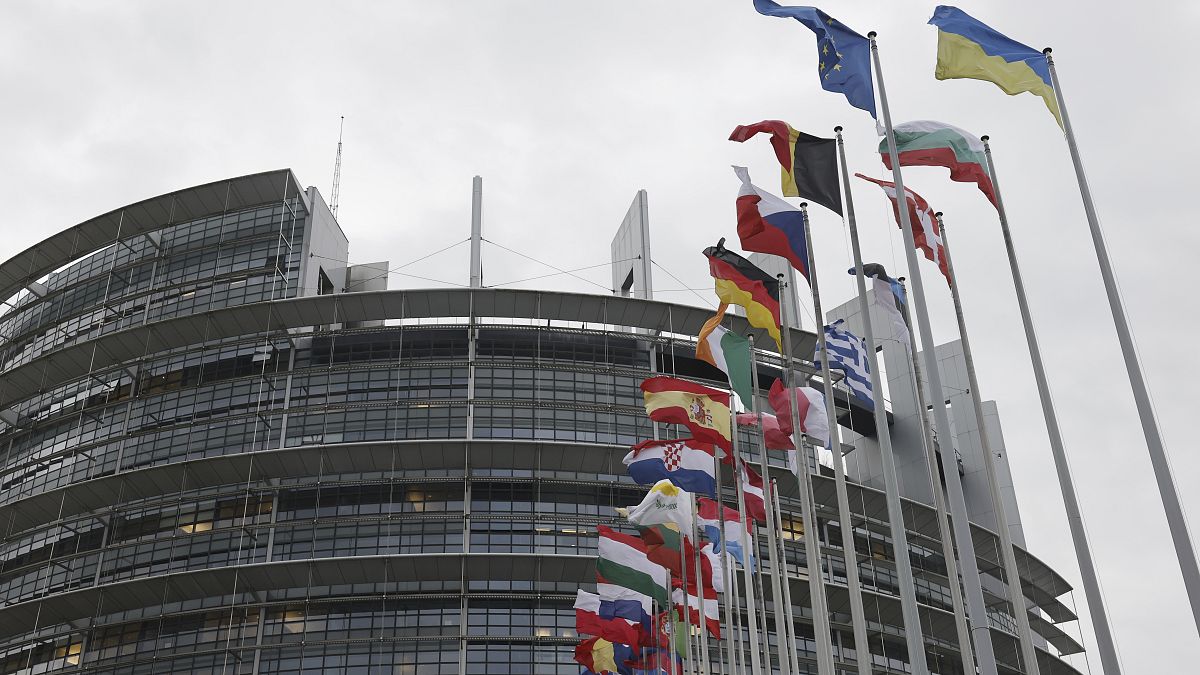Is the credibility of European institutions at stake?
To improve the reputation of European institutions, an inter-institutional ethics body has been set up and Parliament’s Rules of Procedure have been amended. However, experts claim this is not enough. Over the last two years, the European Union has been involved in episodes that call into question democracy, the rule of law and fundamental rights. […]


To improve the reputation of European institutions, an inter-institutional ethics body has been set up and Parliament’s Rules of Procedure have been amended. However, experts claim this is not enough.
Over the last two years, the European Union has been involved in episodes that call into question democracy, the rule of law and fundamental rights.
In 2022, several current and former members of the European Parliament were accused of involvement in a corruption scandal over money influence, which allegedly involved Qatar, Morocco and Mauritania.
The Belgian Federal Prosecutor’s Office mentioned “large sums of money” and “substantial gifts” paid by a Persian Gulf country with the aim of influencing European Union policies.
Belgian police seized about €1.5 million in cash in dozens of house and office searches and confiscated computers to prevent the loss of evidence.
The European Commission, meanwhile, is the subject of a European Parliament lawsuit over the thawing of funds for Hungary.
According to the European Parliament, Hungary does not meet the standard of judicial independence laid down in the Treaties of the European Union but the Commission argues that the unblocking of funds was justified because the Budapest government had approved in May last year a reform to strengthen judicial independence and mitigate political interference in the courts, in accordance with four “super objectives” that the executive had imposed.
MEPs also complained that the money was greenlighted a day before a crucial summit of EU leaders, at which Hungarian Prime Minister Viktor Orbán threatened to veto support agreements for Ukraine.
How do these problems undermine the confidence of European voters in European institutions?
The credibility of the EU
With the European elections coming up, the credibility of the European institutions is subject to stricter control.
According to the latest Eurobarometer poll, the second biggest threat to democracy for people across the bloc is growing distrust and skepticism of democratic institutions.
However, when asked about the institutions in which they have the most confidence to defend democracy in their country, 54% of respondents selected European institutions, including the European Court of Justice.
Experts who look closely at “the biggest scandal” of EU corruption and the Commission’s legal trouble are concerned about the deterioration of the EU reputation “in the eyes of voters”.
The director of the non-governmental organisation Transparency International EU, Nicholas Aiossa, also recalls that these incidents will be used to feed a “populist, anti-European and Eurosceptic narrative”.
Alberto Alemanno, professor of European law at HEC Paris, argues that these problems suggest Europeans believe there is “a culture of impunity” within the EU.
What has changed since then?
In an attempt to improve the reputation of the European institutions, the European Commission has adopted an interinstitutional ethics body.
The new body will be composed of representatives of the institutions and five independent experts, who will have to agree on standards to be applied before the European elections in June 2024.
At the same time, amendments to Parliament’s Rules of Procedure were also adopted.
In a 14-point reform plan, some of the changes include a ban on MEPs from engaging with former MEPs who have left Parliament in the previous six months, a wider scope of mandatory declarations of MEPs’ about meetings with third parties and mandatory declarations of assets at the beginning and end of every term of office.
However, these measures were deemed “unsatisfactory” by experts and MEPs.
Alberto Alemanno says that “the lesson has not been learned”, since only “small adjustments” have been made and that MEPs in the European Parliament can continue to have other jobs.
The Professor at HEC Paris says: “When you are an MEP, the salary you receive is more than enough to have a dignified life and perform your political function. If, instead, one can also engage in other activities that may conflict, then we also create a perception of tension between these two functions.”
Nicholas Aiossa goes further and points to concrete measures for a “robust structural reform”.














